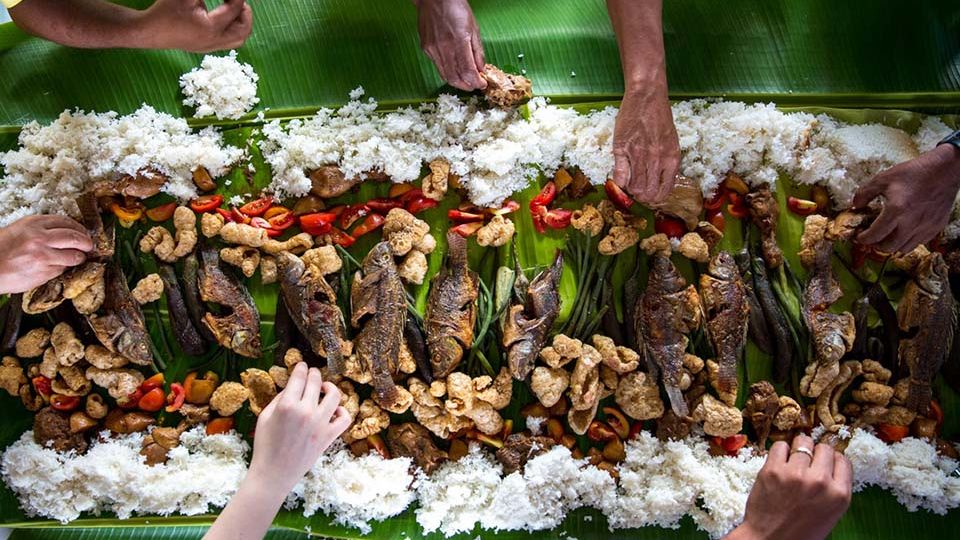June 13, 2024
MANILA – After Spain ceded political control of the Philippines to the United States in 1898, food — from preparation and service to consumption — played a crucial role at a time when Filipino independence was still uncertain under a new colonial power.
In 1900, the Americans conducted a study of the Philippine Islands to assess their readiness for democratic self-rule. Ultimately, it resulted in a decision that they were not. A little-known factor in this decision was the role of food, which played a significant part in what historians called “fiesta politics.”
“Food played an important role in Americans’ evaluation of the Philippines’ modernity and readiness for independence,” said Dr. Megan Elias, historian and director of gastronomy at Boston University.
“Unstudied until now, food played an essential role in fiestas — the parties and public gatherings that Filipinos and Americans attended together— and thus, in fiesta politics,” Elias wrote.
In her essay, Elias argued that, despite limited sources, the records of Americans’ experiences in the Philippines during the first 16 years of American occupation (1900-1916) consistently emphasize the significance of food in the complex situation of American occupation.
‘Fiesta politics’
Fiesta politics, a term coined by historian Paul Kramer, describes the strategy used by American colonial authorities in the early 20th century to govern and influence the Philippines. This approach involved promoting and managing local festivals and cultural events to gain support from the Filipino population and positively project American rule.
Social luncheons, hosted by Filipino elites or prominent Americans in the Philippines, were a key aspect of fiesta politics.
Among the notable luncheons were those hosted by Edith Moses, the wife of Bernard Moses, who served on the Taft Commission, also known as the Second Philippine Commission. This commission, established by then-US President William McKinley, was tasked with deciding the nature of government the Philippines should adopt following its acquisition by the US.
In 1900, Edith Moses threw a “Filipina Lunch party”— which historians considered a political event — at her home in Manila. According to Elias, although the luncheon did not feature dishes and dining customs native to the Philippines, Moses considered it a great success.
“Moses offered her guests the taste of America, in both the aesthetic and the physiological senses of the world. It was a set of behaviors that could only be performed by those with disposable income, time, and a kitchen staff trained in the arts of American cooking,” said Elias.
The Filipina lunch party incorporated centerpieces and doilies from Hong Kong, an arrangement, which the invited elite Filipinos found “new and interesting,” according to Moses. She noted that it was the goal of the luncheon, an event at which Filipinas were to be educated and honored.


